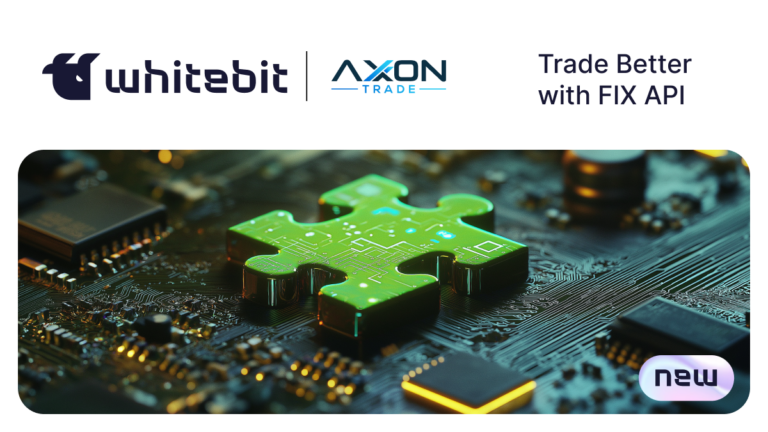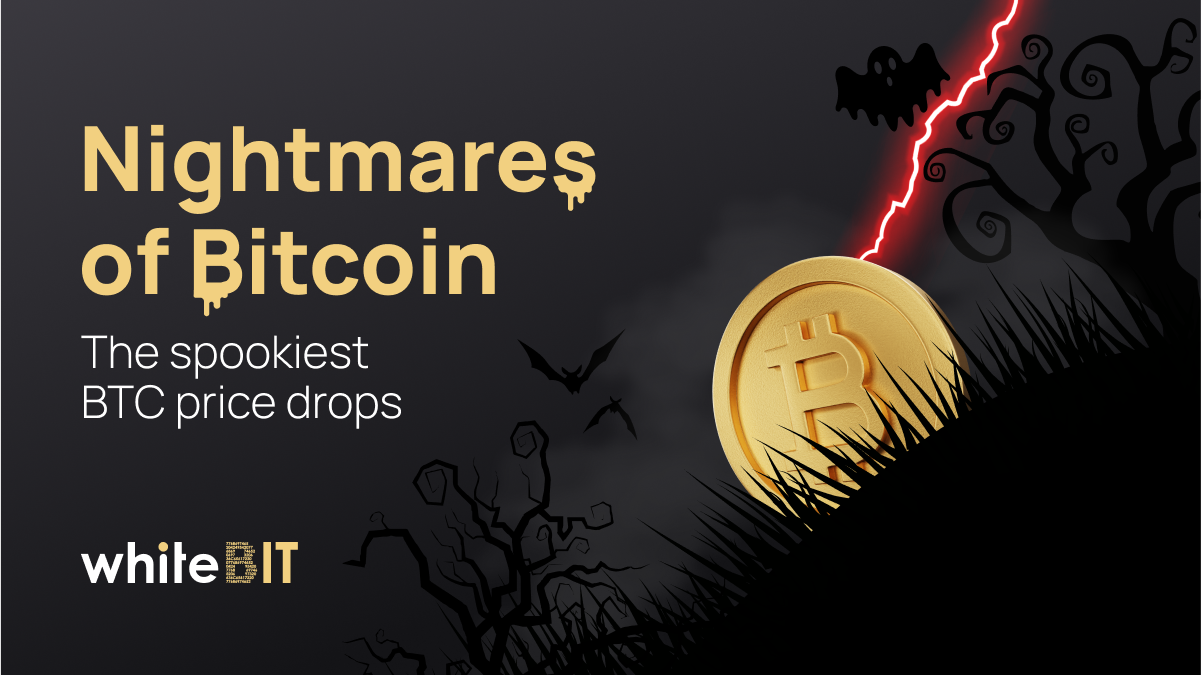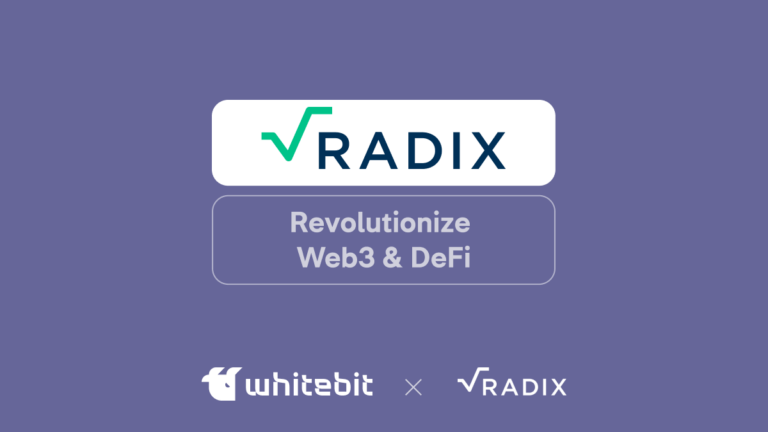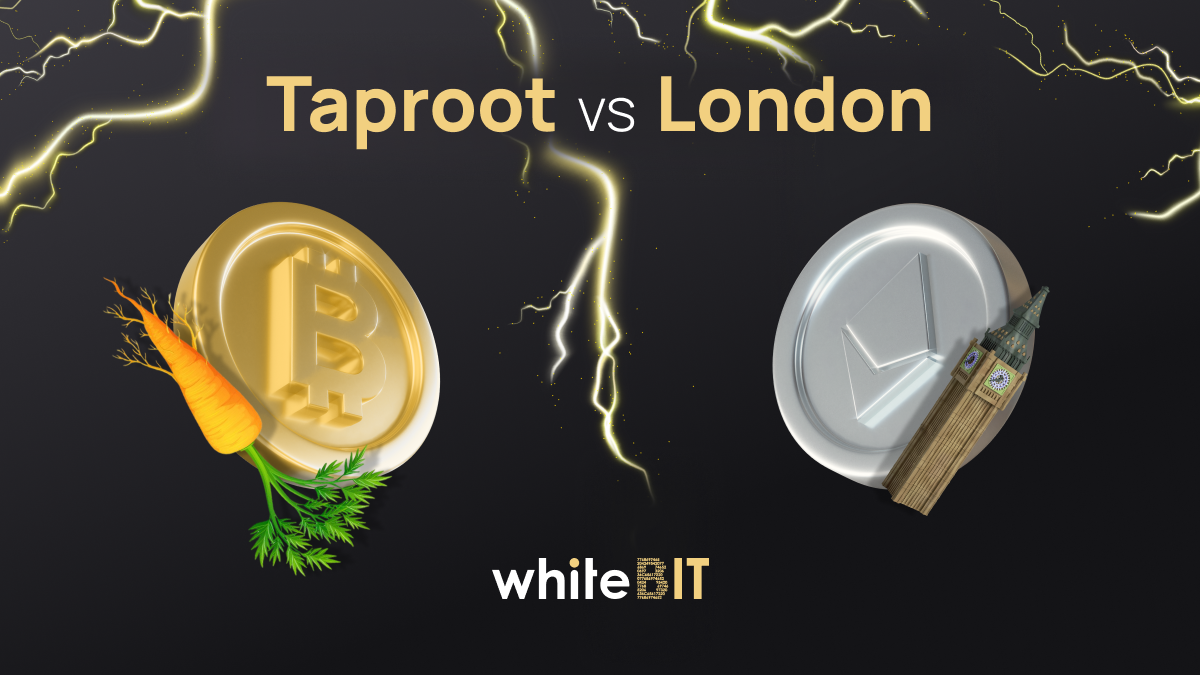How Gala Music Is Redefining Music in the Blockchain Era
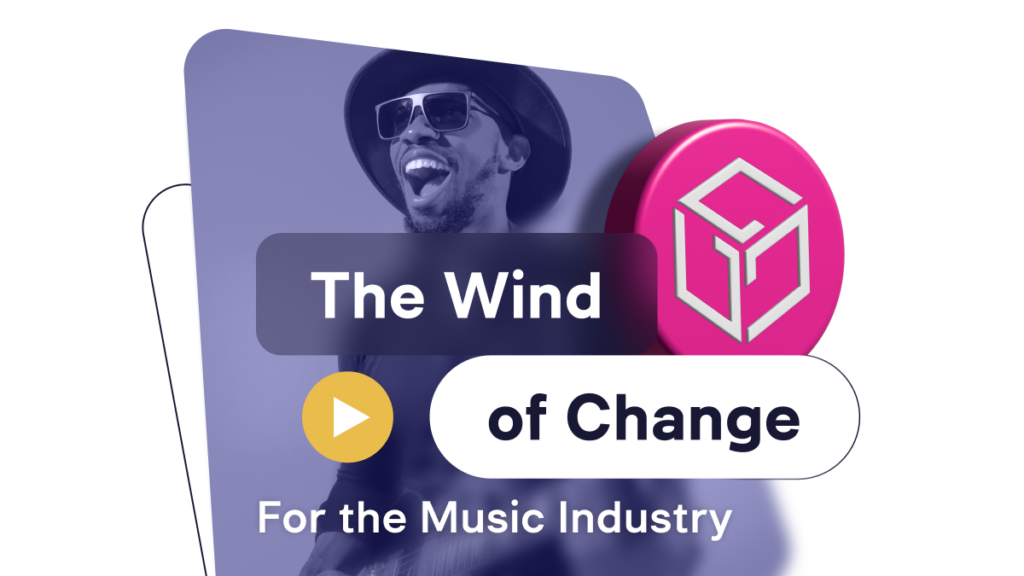
Content
Despite the allure and glamour, the music industry is not only about creating and performing. From the intricacies of fair royalty distribution to the labyrinthine world of rights management and the limited avenues for meaningful interaction between artists and fans, the path to success in the music business has been laden with obstacles. However, amid these challenges, a transformative solution emerges on the horizon – blockchain technology, the harbinger of a new era for the music industry.
Blockchain is not just revolutionizing financial transactions; its decentralized and transparent nature holds profound promise for addressing the endemic issues embedded in the music distribution ecosystem.
But let’s take a closer look at what shifts the music industry has experienced recently and what awaits.
The Evolution of Music in the Digital Age
The digital age has significantly transformed the music landscape, touching every aspect from creation to consumption. Digital technologies played a pivotal role, revolutionizing production tools and fundamentally altering the entire music ecosystem. This shift democratized music creation, allowing artists to produce high-quality content in home studios with the aid of digital audio workstations, virtual instruments, and various production software.
Simultaneously, the rise of music streaming services, exemplified by platforms like Spotify and Apple Music, ushered in a streaming revolution. This reshaped the traditional album-based consumption model into a song-centric one, making vast music libraries instantly accessible. The obliteration of geographical barriers in the digital age facilitated artists to reach a global audience effortlessly. Social media, online platforms, and digital marketing strategies have become indispensable tools for artists to promote their work and connect with fans globally.
In the wake of these transformative changes, the music industry is now exploring decentralized solutions with the advent of blockchain technology and Web3 projects. These initiatives tackle issues such as fair royalty distribution, rights management, and fostering direct artist-fan relationships. Through transparency, fairness, and innovation, these Web3 projects aim to redefine the dynamics of the music ecosystem, aligning it more closely with the needs and aspirations of both artists and fans alike.
With all that being said, the music industry still needs new ways to handle challenges associated with fairness and transparency that affect how music is distributed.
What’s Wrong with Today’s Music Distribution
As we delve into the potential enhancements introduced by blockchain to the music industry, dissecting the prevailing challenges currently afflicting the sector is imperative. The existing model, while functional, grapples with inherent drawbacks rooted in outdated structures, inefficient processes, and a heavy reliance on intermediaries. These challenges warrant closer scrutiny:
Challenge #1: Intermediaries
The music industry has long leaned on intermediaries like record labels, radio companies, and streaming services, which are integral for its smooth operation. However, their involvement often comes at a cost, with high administrative fees and commissions, ultimately diminishing earnings for artists and creators.
Challenge #2: Centralization
Centralization stands as a significant concern in the contemporary music landscape, notably exemplified in streaming services. Operating akin to search engines, these platforms wield centralized control over the content included, exposing vulnerabilities such as security risks, inaccuracies, and potential biases in music exposure.
Challenge #3: Copyright
The industry cannot establish transparency and maintain a unified, global database for copyrights. Relying on disconnected recording agreements and licenses, the current system often becomes chaotic within an expanding ecosystem.
Challenge #4: Low Earnings for Artists
Compounded by the challenges above, artists and creators face the repercussions of meager royalties and payouts despite the thriving nature of the music industry. The convoluted system further hampers artists from claiming their dues efficiently and expeditiously. Addressing these challenges could pave the way for a more equitable and efficient music industry facilitated by blockchain technology.
Gala Music: Empowering Artists and Fans
Gala MUSIC emerges as a haven for artists seeking enhanced control, complete transparency, and improved monetization in the music industry. The platform aims to revolutionize the music entertainment sector through blockchain technology, creating a decentralized fan economy as a Web3 music platform.
Developed by Gala, a Web3 entertainment company, Gala MUSIC is a part of Gala’s entertainment ecosystem of games, music, and film.
The platform officially launched in 2023, boasting a collaboration with renowned rapper Snoop Dogg, whose latest album (B.O.D.R.) was deployed on the blockchain as NFTs. The collaboration expands, with 87 top musicians like Jordin Sparks, Earl Sweatshirt, and PLS&TY joining forces with Gala Music.
The Gala MUSIC Jukebox operators, built on the GalaChain blockchain, deliver music streaming services and infrastructure. They enable fans to explore, stream, support artists, and engage with them in a more interactive and rewarding manner.
Delving into the music industry’s diverse landscape, Gala MUSIC identifies five key segments, each contributing to the platform’s vibrancy and economic potential.
Listeners: Access a growing catalog of artists streaming free on the MUSIC platform, with high-quality sound, mobile optimization, and exclusive features. Unique plays are tracked, ranking popular songs and rewarding track owners accordingly.
Fans: Gala MUSIC offers emerging and established artists a unique insight into their fan base, allowing genuine interaction and recognition.
Owners: Individual music track owners can host their tracks with Gala MUSIC Jukebox, earning $MUSIC based on song performance tracked by the ‘Popularity Algorithm.’
Hosts: Gala MUSIC Jukebox Operators share distribution rewards with track owners, fostering a community-driven approach.
Artists: Gala MUSIC prioritizes artists, providing on-chain data on sales, streams, and ‘All Access’ items. The platform introduces a tier system for song releases, with popularity influencing the number of available tracks, creating a primary revenue stream for artists.
A New Era for Music and Technology
Although relatively new across industries, blockchain holds promise in addressing the music industry’s challenges. It can revolutionize music sales and streaming by removing intermediaries and streamlining the process.
This transformative technology brings cost reductions to digital streaming, enabling instant payouts to artists through smart contracts, avoiding fees. Removing middlemen encourages direct relationships between users and creators, fostering trust and loyalty. It promises equitable earnings for artists by sidestepping substantial cuts from intermediaries.
Hence, Gala MUSIC’s innovative blockchain-driven approach emerges as a tangible example of such a transformative force. By eliminating intermediaries, fostering direct relationships between artists and fans, and ensuring fair monetization through decentralized systems, Gala MUSIC redefines the traditional music ecosystem. This artist-first platform not only empowers musicians with real-time data and revenue opportunities but also offers listeners and fans an interactive and rewarding musical experience. The Gala MUSIC Jukebox Operators play a crucial role in this decentralized community, sharing rewards and contributing to the platform’s dynamic growth. As Gala MUSIC continues to collaborate with renowned artists and expand its reach, it stands at the forefront of revolutionizing how we create, consume, and engage with music in the digital age.


